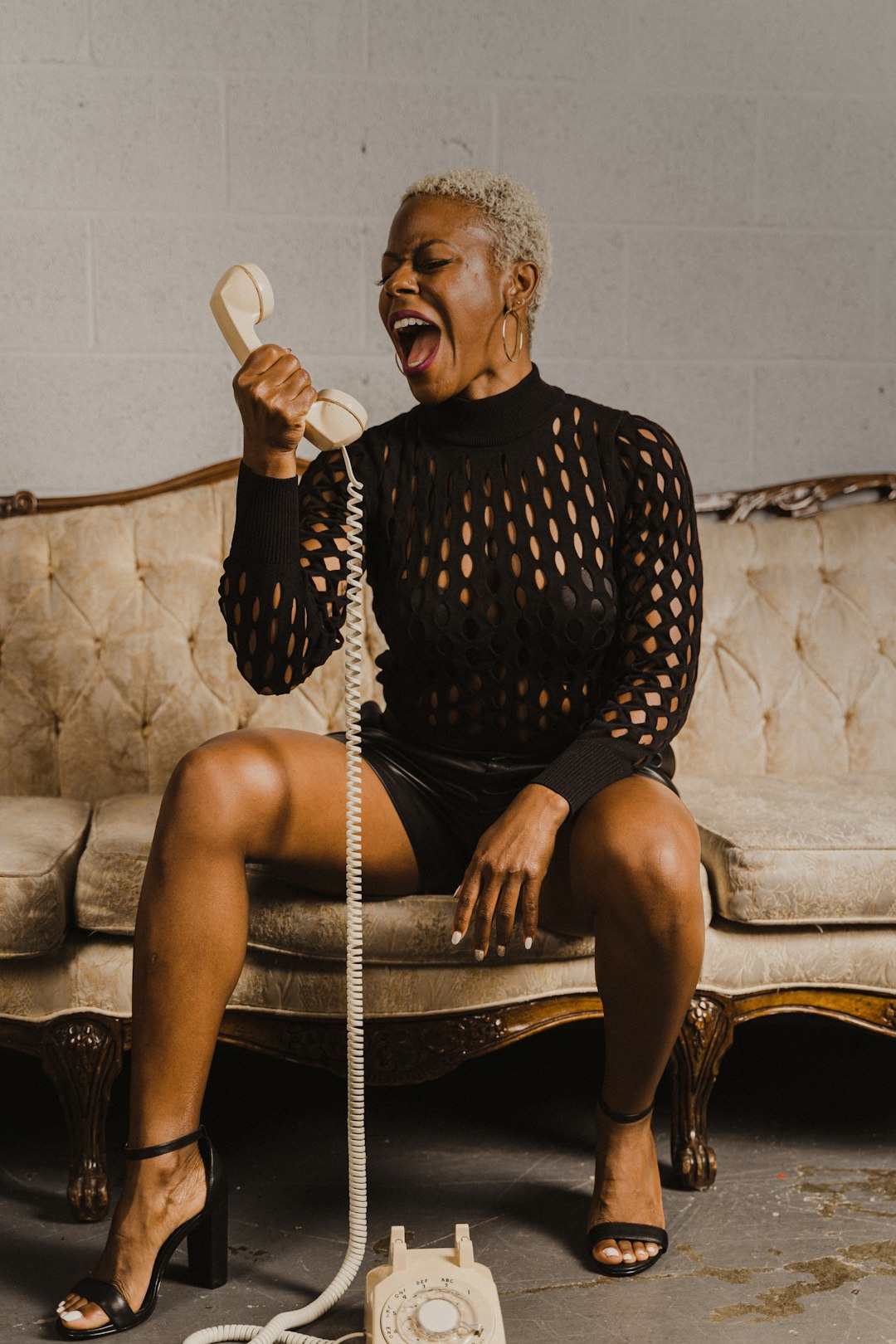Unwanted call attorneys in Virginia help residents combat persistent telemarketing scams, with laws like TCPA and UDAP protecting against automated/prerecorded calls and impersonation. Recognize patterns, consult an attorney, file complaints, register on the National Do Not Call Registry, and stay vigilant to avoid becoming a victim.
Tired of unwanted calls flooding your Virginia phone lines? You’re not alone. From robocalls to fraudulent offers, these intrusive calls can be a nuisance and even dangerous. In Virginia, strict laws protect you from these relentless intrusions. This guide equips you with the knowledge to identify common scam tactics and asserts your legal rights against unwanted calls. Get expert advice from Unwanted Call Attorneys Virginia to defend your privacy and peace of mind.
Understanding Unwanted Call Laws in Virginia

In Virginia, unwanted calls or telemarketing fraud is regulated by both state and federal laws. The Telephone Consumer Protection Act (TCPA) provides significant protections for consumers against unsolicited telephone marketing calls. Under this law, businesses are prohibited from making automated or prerecorded phone calls to residential telephone lines without prior express consent.
Virginia’s Unfair or Deceptive Acts and Practices (UDAP) statute also addresses unwanted calls, emphasizing that telemarketers must obtain verbal permission before calling and provide a clear and understandable opt-out mechanism. Unwanted call attorneys in Virginia play a crucial role in helping residents understand their rights and take legal action against violators. If you’re facing persistent unwanted calls, consulting with an attorney specializing in this area can offer guidance and potential recourse.
Identifying Common Scam Tactics

In today’s digital era, unwanted calls have become a common nuisance, often masquerading as legitimate business or legal communications. Scammers in Virginia target individuals with various fraudulent schemes, from false prize claims to imposter attorney calls. These scams can be sophisticated and hard to identify, but knowing the tactics used is a crucial step in protection.
One of the most prevalent methods is the use of automated dialers to make mass phone calls, often disguised as local numbers, claiming to represent legal firms or government agencies. Scammers may threaten arrest, demand immediate payment, or offer phony prizes. They may also use emotional manipulation, creating a sense of urgency or fear to pressure victims into providing personal information or money. Recognizing these common scams is the first line of defense for Virginia residents, especially when dealing with unexpected legal-sounding calls from unwanted call attorneys.
Taking Action: Your Legal Rights and Steps to Protect Yourself

If you’re facing persistent unwanted calls in Virginia, it’s crucial to understand your legal rights and take proactive measures to protect yourself. The first step is to identify the source of the calls. Once you’ve determined whether they are from a scammer or a legitimate business, consult with an unwanted call attorney in Virginia who can guide you through the best course of action. They can help you file a complaint with the Federal Trade Commission (FTC) and your state’s Attorney General, which can lead to legal repercussions for scammers.
Additionally, consider registering your phone number on the National Do Not Call Registry, though this may not block all unwanted calls as exemptions apply. Educate yourself about common scamming tactics, such as pretending to be from a government agency or offering fake prizes. Regularly review your call logs and contacts to spot any suspicious patterns. By combining legal action with vigilance, you can significantly reduce the risk of falling victim to scams related to unwanted calls.






